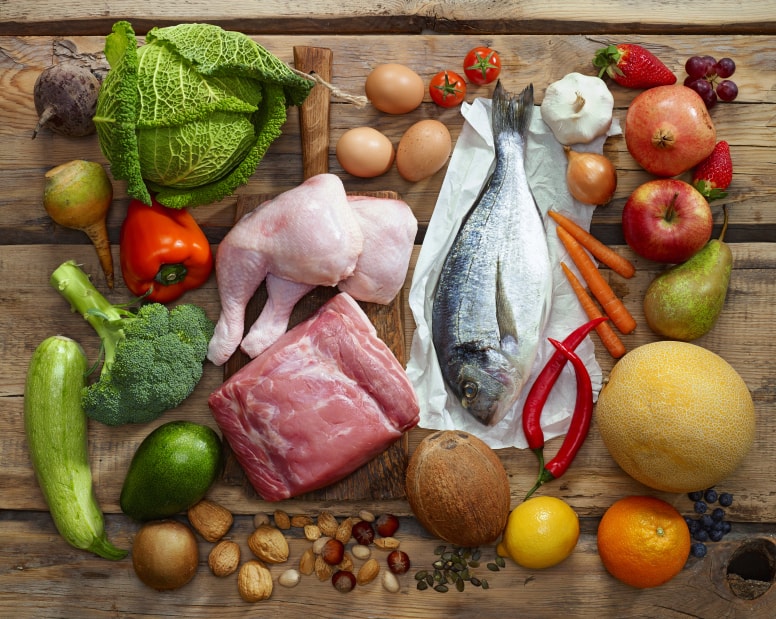
Early cave dwellers did it. Adam and Eve did it even before that. What are they doing that many of us are not? Consuming a paleo diet, or a diet of natural raw foods, that can reap significant health benefits and potentially stave off medical conditions such as leukocytosis.
What exactly is leukocytosis? When the body experiences infection or other inflammatory injury or stress, the number of white blood cells, or ?leukocytes,? can rise to levels outside the normal range ? resulting in ?leukocytosis.? Several researchers and experts in the field of raw foods have come to describe a type of leukocytosis called ?digestive leukocytosis,? in which the eating of cooked, overheated food appears to cause an increase in leukocytes similar to what we see with infection. The more foods are cooked past a point called their ?critical temperature,? the more digestive leukocytosis will be induced in the body.
If we accept that leukocytosis is generally a symptom of infection, injury, stress or other damaging bodily ailments, it follows that eating a large amount of foods cooked past their critical point?therefore causing digestive leukocytosis?is not only unhelpful to the body, but can also be potentially damaging.
What does this tell us about raw versus cooked foods in general? When raw foods are cooked, the tissues begin to change structure. The digestive enzymes within the food itself are deactivated, making the food more difficult for the body to digest and utilize. Certain vitamins and antioxidants also start to disappear from previously vitamin-rich foods as they are cooked, leaving the final product nearly nutritionally void.
Support for the value and purity of a raw diet is not a new concept. In fact, it stems back to biblical times, when the first humans created in the Garden of Eden did not have the necessary tools to cook their food. Adam and Eve, whose diet would have been entirely raw, lived to be hundreds of years old. According to Genesis 5:5, Adam lived until the ripe old age of 930; though no age is given for Eve, it is not unlikely that she was similarly long-lived. (Of course, they would have lived forever, had they not become mortal after being expelled from paradise for their sin.)
While most of us most likely won?t reach 100, much less 930, what should we do to live longer, healthier lives? While there?s no magic pill or treatment to increase lifespan, some individuals are already doing quite well in this regard just by good, clean living. When National Geographic reporter Dan Buettner looked at places on Earth where people lived longer than other populations, he identified ?Blue Zones? like Sardinia, Italy; Okinawa, Japan; Loma Linda, California; and Nicoya, Costa Rica. In addition to getting exercise through natural activity, drinking enough water and getting adequate sun exposure, residents believed that diet is ?the entrance ramp to better health? and ate plenty of fresh greens and vegetables, tomatoes, and nuts and beans for protein. The researchers involved were also able to apply these findings to a town in Minnesota, where inhabitants gained three years in life expectancy and reduced their health care costs by 40 percent.
The answer seems simple: just change our dietary perspective and consume only raw foods that have not been denatured or harmfully charred by overcooking. Unfortunately, that?s easier said than done, because most people aren?t physiologically built to handle exclusively raw foods right away. To prepare your body for a raw diet, you?ll want to first get your digestive health in check by gradually weaning away from processed and overcooked foods, caffeine, milk, gluten and salt, and eliminating or minimizing any negative lifestyle habits like smoking or alcohol/recreational drug consumption. Once your body resets itself, and the bacteria in your system is properly balanced, you?ll be ready to handle the ?raw truth? of knowing that you just may have given yourself the gift of a longer lifespan.
If you?re interested in learning more about the diet-health connection from an alternative medicine perspective, Dr. Sergey Kalitenko would be glad to schedule a consultation at your convenience. Contact either our Brooklyn office (718-382-9200) or Great Neck office (516-467-0253) to learn more or make an appointment.

